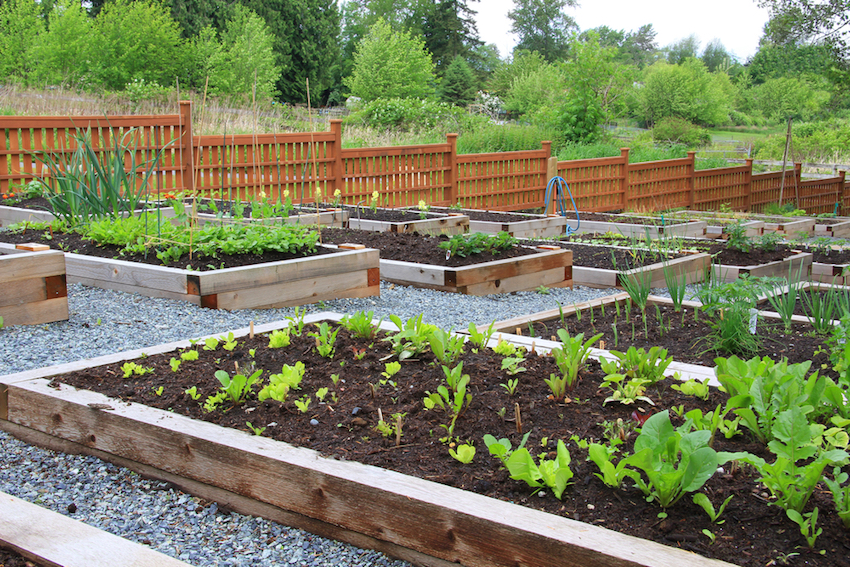
The world of today sees way too much when it comes to wasteful gardening techniques and could really work toward making organic gardening practices a necessary step toward improvement. There are quite a few ways to solve this, but you will likely need some guidance to make it happen in an effective and safe way:
- If you want to achieve the best results possible for your organic garden, then you will need to make sure you happen to be working with the right soil, which is also properly conditioned to allow optimal results. Much like us humans, plants also need the right kind of nutrition to survive and thrive, so you will have to make sure you have healthy soil which will allow them to grown stronger. Chemical soil treatments are a big no-no if you want to ensure you have your plants free of chemical contaminants as well as keeping the soil itself clean and safe to use.
- You can focus on checking the quality of your soil by having it tested. You will find home testing kits on the market, but you can do even better if you send a sample to the local agricultural office. They will give you a much more conclusive result than you would be able to work out on your own. Making sure you know what you need to do to treat them will be an excellent step toward improving your gardening. The best time to do a treatment will be during the autumn season, using organic nutrients.
- Even if you have no time to deal with testing, you should still look to make sure you have soil with plenty of humus inside, allowing enough organic matter to feed the plants you want to look after. You can mix some grass, leaves, clippings and even manure to make compost for your needs. You can use manure from locally raised livestock that was treated humanely. Never use any manure from animals that may have had meat in their diet, as this will be a big mistake you don’t need to deal with.
- All gardens can benefit greatly from the proper use of compost, but you would want to use it regardless. The best thing about using it is that it happens to be very easy to make. It will help feed your plants, conserve water in the long run and work wonders, instead of ending up in your local landfill. You can also focus on using compost around the plants of your garden, as this will help use potting soil with it. This will in turn help the growth of the plants around your garden to a greater degree.